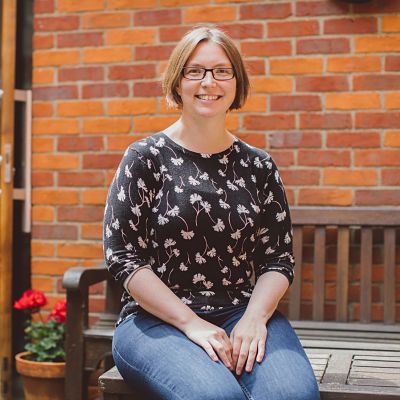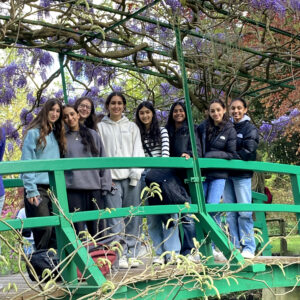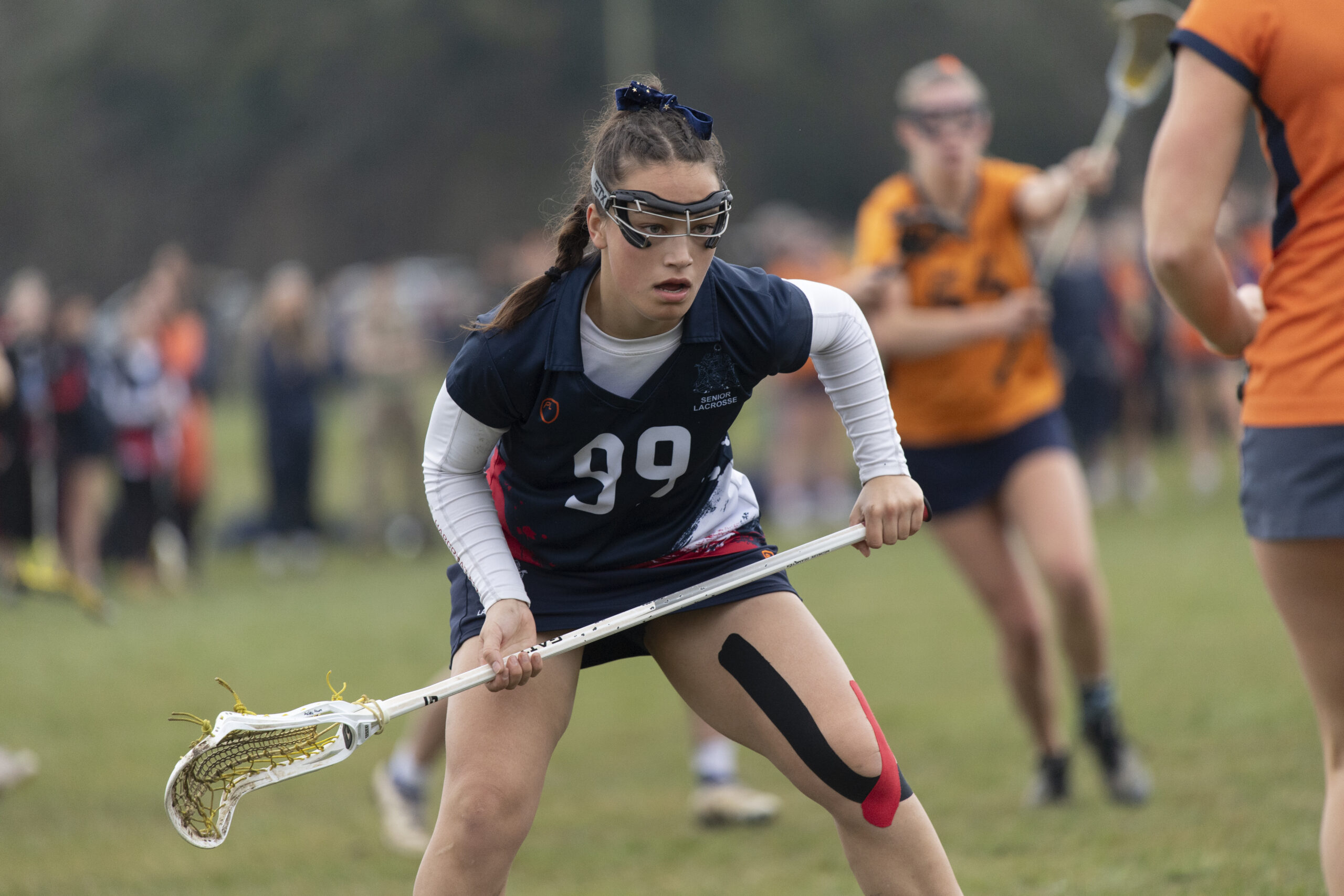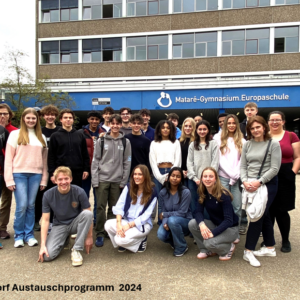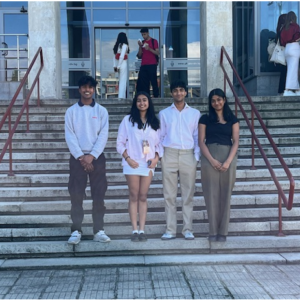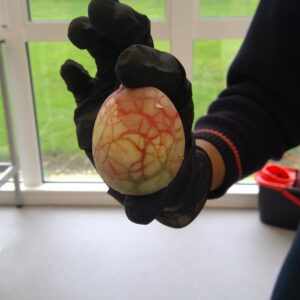On Ada Lovelace Day students were fortunate to hear from Helena Webb who spoke about the rising use of automated decision-making. This relates to the reliance on computer-based systems to make decisions that have traditionally been made by humans. For instance, decisions about which job applications are selected for interview, whether or not a loan application is successful, or which individuals are most likely to commit a crime. Processes of automated decision-making can be very efficient and potentially more accurate than human decision-making. However, many people have concerns about them and feel they can be biased and unfair. The controversy over A-level results in England this summer is an excellent example of the ways in which reliance on automated decision-making can go wrong. Helena spent time discussing this example and considering what steps can be taken in society to prevent cases like this occurring again.
Helena is a Senior Researcher in the Department of Computer Science at Oxford University. She is part of a group called Human Centred Computing who investigate the connections between computing technologies and society.
This was a fabulous opportunity for students to get an insight into the potential positive and negative impacts of technology on individuals, groups and communities.
The Habs Girls students were joined by students form other local schools including London Academy, Mill Hill County High School and Beaumont School.
Ada Lovelace Day is an international celebration of the achievements of women in science, technology, engineering and maths (STEM). It aims to increase the profile of women in STEM and, in doing so, create new role models who will encourage more girls into STEM careers and support women already working in STEM.

